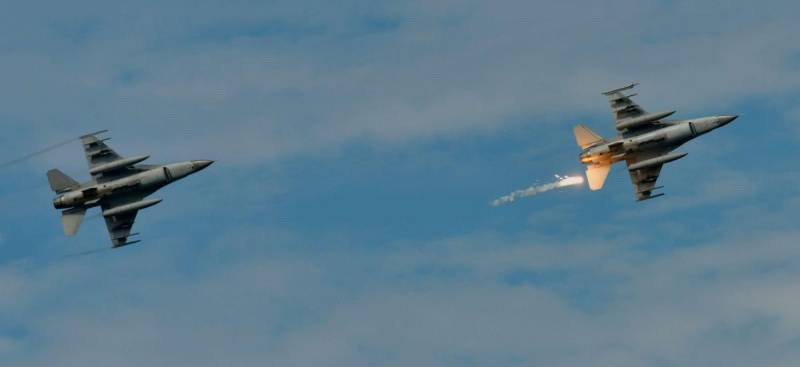In the fight against the COVID-19 pandemic, the Turkish government has not declared a full lockdown to protect the health of its citizens. The main reason behind this decision is the country’s economic situation. The government cannot say to its citizens: “Sit at home, just look after your health, we will pay your electricity, water and other costs during the pandemic,” because there is no money in the treasury. Everyone knows why, but we are not supposed to talk about it.
Today it is hard to speak openly about military spending in Turkey. It is also hard to even access information about Turkey’s war expenditure.
Just this week, Stockholm International Peace Research Institute (SIPRI) released their latest report on global military spending. They reported the largest annual increase in global military expenditure in a decade – reaching $1.9 trillion in 2019.
Turkey’s military spending increased by 6 percent in 2019 to $20.8 billion, comprising 7.8 percent of government spending, at $245 per capita. Turkey’s 2018 military spending increased to $19 billion, as it expanded operations against Kurdish forces in Syria, according to the report. Between 2009 and 2019, Turkish military expenditure increased by 27 percent.
On March 30, Turkish President Recep Tayyip Erdoğan launched a campaign to collect donations from citizens for those in need due to the coronavirus outbreak. He emphasised Turkey’s unity, self-sufficiency, and brotherhood:
“Within the context of the ‘We are enough for each other, Turkey’ campaign, a bank account has been opened by the Family, Labour and Social Services Ministry. I initiate the campaign by donating my seven months of salary… We have no other friends except each other, and we have no one else to rely on except each other. Turkey’s biggest strength is its unity, solidarity and brotherhood. We are Turkey, we are the Turkish nation. We are self-sufficient Turkey.”
The bank accounts of the campaign were shared with the public. I was shocked when I heard the minimum donation demand of $1.30 from Turkey’s citizens, it shows just how bad the Turkish economy is. While thinking about it, F-16 fighter jets continued to fly overhead in my hometown, the Kurdish majority city of Diyarbakır in southeast Turkey. Every day warplanes bomb Kurdistan Workers’ Party (PKK) targets in the mountains and return. I began to think about the cost of one bomb.
Devlet Bahçeli, the leader of Turkey’s far-right Nationalist Movement Party (MHP) and an ally of the government, gave a speech on November 29, 2019 on just that subject:
“There is a cost of fighting against terror. And we bear this cost for the survival of our state. Those who speculate about the economy do not have any idea about the cost of a bomb. They are speaking idly. We support the statements of Erdoğan about our economy.”
Bahçeli continued by giving details about the cost of bombs:
“Storm shells can use 240-250 bullets in one hour. You can use one shell for two hours. This means in one hour you use 500 bullets. The average cost of one bullet is $1,000. If you spend 500 bullets, this means $500,000 in a day. In one military operation, we use 100 shells, which means $50 million only for the cost of shells. The cost of an ordinary bomb used by a warplane is $2,500. Only one hour of gasoline for an F-16 costs $14,000. Only one day of the gasoline for our warplanes in the first day of Operation Olive Branch cost $1 million”.
Meanwhile, Fahrettin Altun, the presidential communications director, recently announced that Turkey will not impose a full quarantine due to the economic cost:
“A decision of a long-term quarantine would have a much heavier cost to the economy. The cost to social life and human psychology would be very, very different… Like everyone, our priority is the prevention of the outbreak, minimising loss of life. In a period when these are the first items in our agenda, talking about the economy may seem irrelevant or inhuman to some. But the fact is that life must go on somehow.”
To be sure, none of the journalists present asked him why the economy was as bad as it is, as no one wants to speak about Turkey’s war expenditure.
We all know that Turkey will never enjoy a strong economy or see true democracy until its war against the Kurds is over. Turkey will never be a self-sufficient country, as Erdoğan mentioned, if war continues.
The only way to have unity, to have a self-sufficient country, to have solidarity and brotherhood is to finish this meaningless war that has continued for the last 40 years. All the money collected in this “We are enough for each other” campaign is only a few day’s cost of war – a war against your brothers.
Before even finishing this article, fresh news emerged of Turkey bombing refugees in Iraq amid the coronavirus pandemic, killing three Kurdish women and wounding several.
No matter what happens in Turkey, whatever changes, some things will remain the same.
